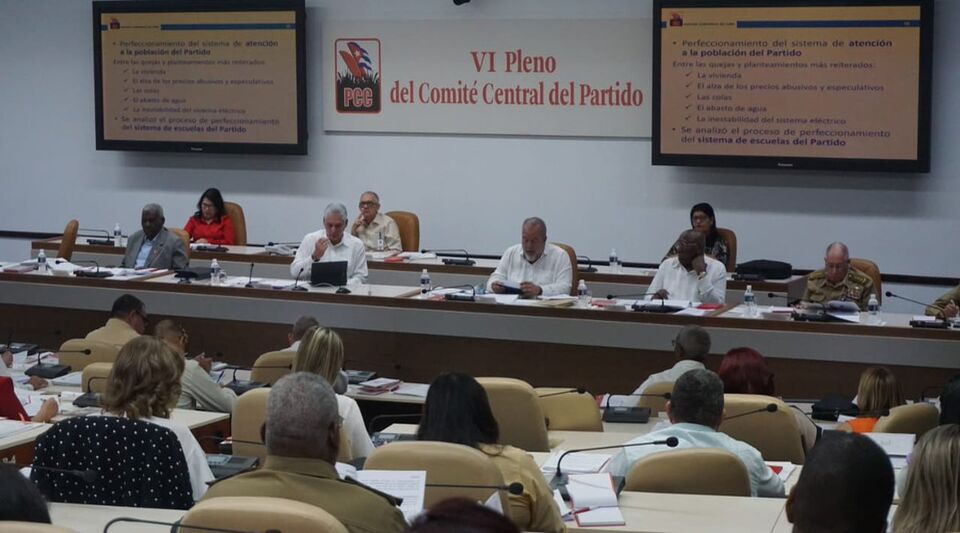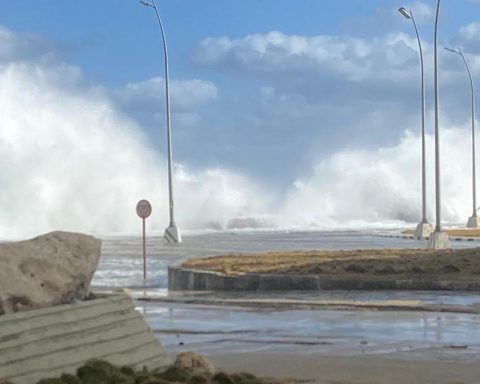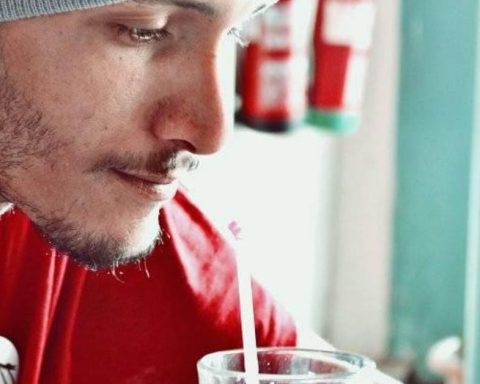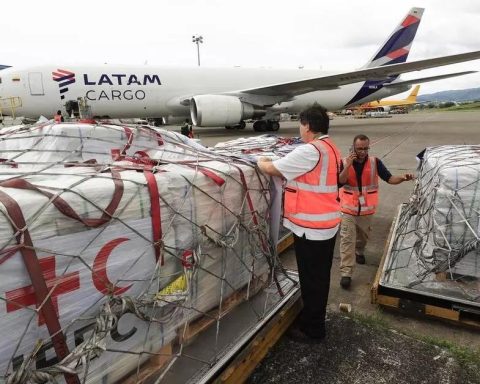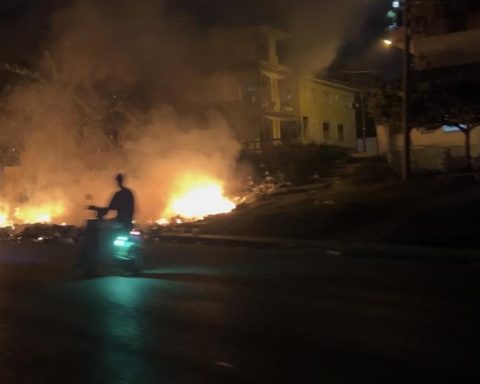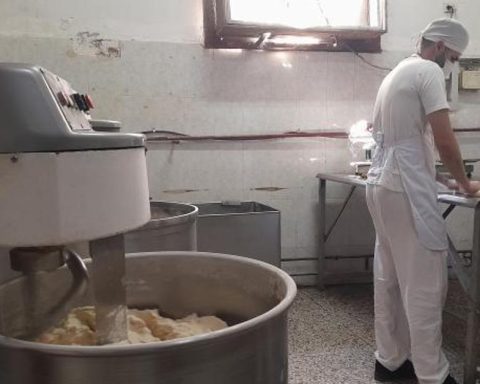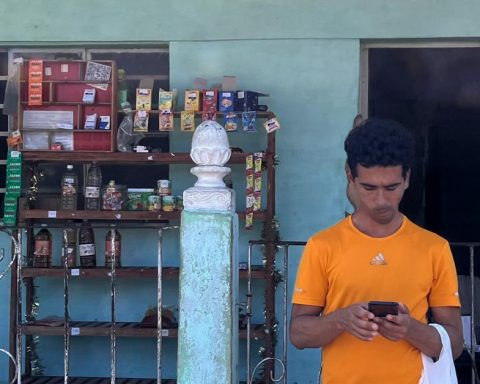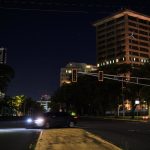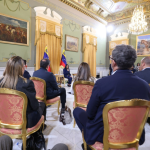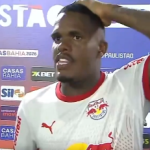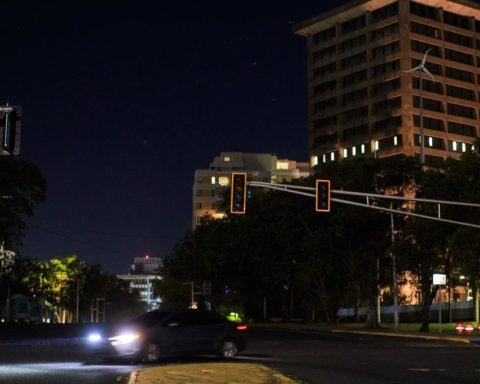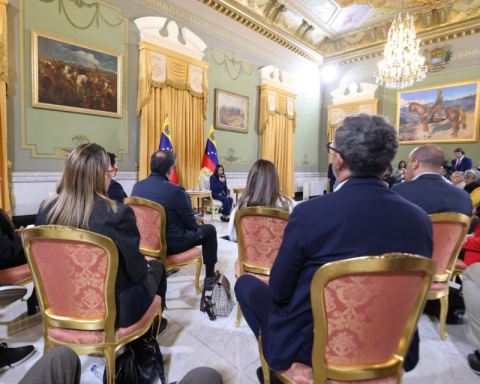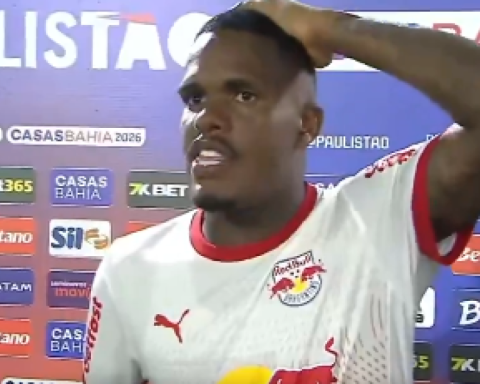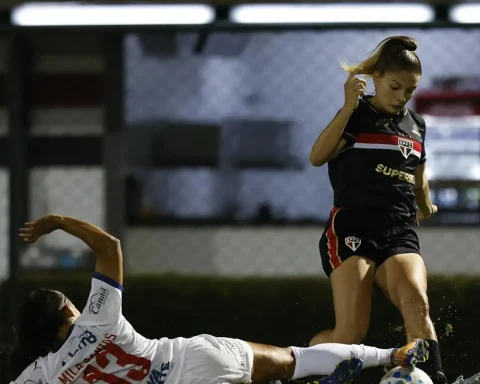As the economist Pedro Monreal had predicted this Tuesday, the plenary session of the Central Committee of the Communist Party of Cuba (PCC) had a lot of stories and little data. However, some figures came to light that serve little more than confirm that the plans are not comply. According to the report presented, at the end of 2022, only 11 of the 201 guidelines for the 2021-2026 period were progressing, 110 and 67 have medium and low progress, respectively, and there are 13 undeveloped.
“The results that are achieved do not correspond to what is needed to guarantee the economic and social development to which we aspire,” the document, presented yesterday to the members of the Political Bureau, the Secretariat and the Central Committee, says bluntly.
Among the worst classified “are those related to the input system, the implementation of the marketing policy for agricultural products, the improvement of livestock, the forestry program and the recovery of sugarcane production.” While “advance is being made in the creation of a macroeconomic coordination mechanism, as well as in the construction of an exchange market and the implementation of closed financing schemes, and gradually in the transformation of the state company, since there are today 138 affiliated companies , 75 MSMEs and work is being done on the Business Law,” the document added.
Joel Queipo Ruiz, from the Secretariat and head of the economic-productive department, was in charge of presenting the results through the report, which includes the results of a consultation process with more than 48,000 PCC nuclei that accumulated 1,214 types of complaints and opinions.
“The importance and need to convert the nuclei into true combat units that promote effective implementation compliance with their actions, demands and control were highlighted”
According to the official, there were more than 90,000 proposals regarding the 10 most indicated guidelines, more than half of the Party nuclei responsible for them, which suggests, in his opinion, a “self-critical” look that must be extended to those who were not so demanding. In the words of the official press, “the importance and need to convert the nuclei into true combat units that promote effective implementation compliance with their actions, demands and control were highlighted.”
Queipo Ruiz, who pointed out, as was to be expected, that the US sanctions are “the biggest obstacle” to Cuba’s development, added that there is a “deficit in foreign exchange earnings” and “deficiencies persist in the investment process, where the rule is to miss schedules and go over budgets.”
The meeting revolved around a concept coined last year and which the authorities have decided to abuse, beginning with Miguel Díaz-Canel: “creative resistance.” Defined in the official newspaper Now as “the decision of the Cubans to stand up for their abilities, based on talent, intelligence and solidarity, to overcome the blockade with their talents and commitments”, the term is nothing more than the confirmation that there are no solutions and a voluntarism to which It’s getting harder and harder to resort to.
On that idea the rest of the meeting moved forward. The main cadres of the Party called for “doing things differently”, “executing bold measures”, “evaluating how to produce more goods and services”, “correcting any distortions”, “transforming the socialist state enterprise”, “diversifying exports”, ” accelerate foreign investment”, “improve planning”, “intention in socio-political studies”, and so on to endless ideas without concretizing.
The Secretary of Party Organization and member of the Political Bureau, Roberto Morales Ojeda, took the floor at length to point out other of the well-known problems of Cubans: the increase in inflation (which exceeds 70% year-on-year in food only in the official market), the depreciation of the peso, the worsening of the citizens’ standard of living, the fiscal deficit and a dollarization that he described as partial, despite the fact that the national currency lacks total interest in both macro and microeconomics.
Another problem cited by Morales Ojeda was the overflowing emigration and its repercussions on the economy. “The outward migratory flow, essentially that of young people and professionals, implies a challenge for the present and the future, which adds to the challenging demographic dynamics,” he said.
It also fueled hopes that the situation of the national energy system could be in better condition for the summer, a promise that citizens no longer believe, after a year of constant postponements for improvement. About to end the month of May, the Island is already accumulating deficits this week of more than 600 and more than 400 megawatts on Monday and Tuesday.
In addition, he attributed part of the responsibility for the country’s crisis to “social indiscipline, illegalities, criminal behavior and acts of corruption” that “persist” among the population. His intervention closed with an ideological harangue that appealed to the infinite patience of the Cuban people. “Only the renewed and indestructible unity, creative and innovative work, greater party democracy, popular participation and control, as well as trust in the capacity of our infinite forces, will allow us to overcome this crucial moment,” he said.
“The outward migratory flow, essentially that of young people and professionals, implies a challenge for the present and the future, which is added to the challenging demographic dynamics”
There was no shortage of Alejandro Gil Fernández, Deputy Prime Minister and Minister of Economy and Planning, contributing more rhetoric. “We are halfway there, but we are not doing well, we must close ranks and speed up the pace, it is important to move forward with more dynamism, especially in those Guidelines that have to do with productive activity and macroeconomic stability. We must organize the work coherence of all economic actors, strengthen the state company and ensure the effective insertion of non-state economic actors in the economy”, he added.
The members of the Party reviewed the new bills, the legislative schedule, the process of handing over land in usufruct, the objectives of the Foreign Policy for this year, the “ideological political formation of athletes and coaches”, the education programs sexual and such a number of things that it is hard to believe that they were addressed in some depth in a single day.
Meanwhile, the great absentee in the conclave was Lázaro Alberto Álvarez Casas, Minister of the Interior of Cuba, who was in Moscow to address “regional security issues” in a meeting held with the secretary of the Russian Security Council, Nikolai Pátrushev, and the general secretary of the Venezuelan National Defense Council, José Ornelas Ferreira.
________________________
Collaborate with our work:
The team of 14ymedio He is committed to doing serious journalism that reflects the reality of deep Cuba. Thank you for accompanying us on this long road. We invite you to continue supporting us, but this time becoming a member of our newspaper. Together we can continue transforming journalism in Cuba.
